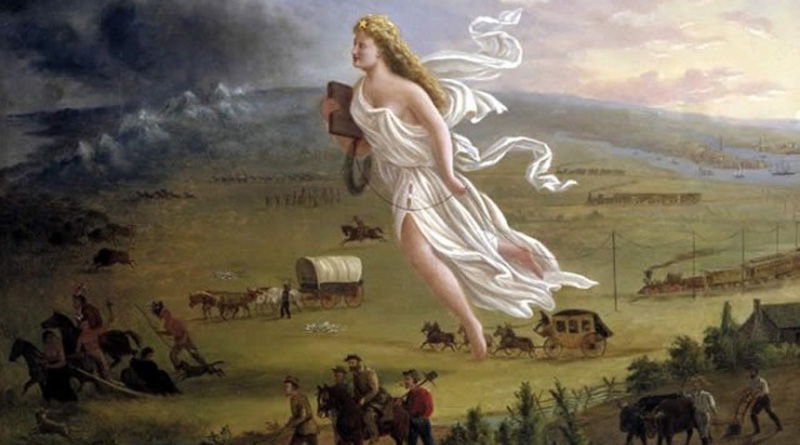Exceptional Americanism
by Earl Holt III
As I write this, three months after the 75th Anniversary of the Japanese surprise attack on Pearl Harbor, I am struck by several concerns about the demise of history education in the United States.
How many of today’s high school graduates know the date of the Pearl Harbor attack, or could give a reasonably accurate description of the event and its significance? How many college history majors could do much better, or for that matter, how about college graduates within the last 20 years?
Perhaps the most egregious oversight by today’s high school history teachers is their almost universal failure to teach students about America’s response to the attack on Pearl Harbor and, in so doing, introduce students to an unimaginable feat of heroism by a true American patriot, Lt. Gen. James H. Doolittle.
After the attack on Pearl Harbor, America was reeling from the onslaught and our prospects seemed bleak: In addition to 2,400 dead, large numbers of battleships and fighter aircraft were damaged or lost in the attack, dramatically reducing our ability to respond to Japan’s sneak attack and its aggressive designs in the Pacific Theater.
Like most Americans, Doolittle was outraged by the attack and loss of American life and, as any true leader would, he immediately set about to plan an appropriate response: He petitioned “Hap” Arnold at Army Air Corps Headquarters with a plan of his own conception, to attack the Japanese mainland from carrier-launched bombers and retaliate for their attack on Pearl Harbor.
For several months, and under intense security precautions, Doolittle and 79 other volunteers practiced exceptionally short take-offs in B-25 Mitchell bombers in order to simulate aircraft carrier launches. The objective of their Top Secret mission was to attack the Japanese cities of Tokyo, Osaka, Kobe and Nagoya, after launching from the deck of an aircraft carrier.
To its 80 volunteers, the prospect of surviving their mission was bleak: To enter Japanese waters and launch medium bombers from an aircraft carrier deck, fly several hundred miles to drop their bomb-load and then fly to Manchuria and “ditch” their planes, offered the prospect of almost certain death or, at very least capture and torture at the hands of the Japanese.
The raid did not go as planned: The aircraft carrier Hornet and its task force were detected by Japanese vessels several hundred miles short of their planned launch site. This necessitated an earlier launch, making the raid even riskier, since the fuel capacity of the B-25 was deemed insufficient to reach Manchuria with several hundred additional miles added their flight manifests.
They launched on the 18th of April, 1942, the anniversary of Paul Revere’s ride. The sixteen crews experienced surprisingly little anti-aircraft fire, and most succeeded in dropping their bomb-loads over their intended targets. As it turned out, their fears of having inadequate fuel capacity were justified, and every crew which was not shot down by Anti-Aircraft fire eventually had to “ditch” over China or Russia, short of their designated landing sites.
Doolittle not only became separated from his entire squadron, he even became separated from his crew after bailing out over a rice paddy near Chu Chow. He spent his first night in Manchuria in a farmer’s shack, profoundly discouraged and depressed, fearing that the raid had been a failure and fearing that he might be Court-martialed.
It is almost impossible, 75 years later, to convey the boost in morale and sense of triumph the Doolittle Raid gave the American People so soon after the disaster of Pearl Harbor.
Instead of wringing their hands and bemoaning our fate, these brave men set about to avenge the Japanese sneak attack, and did so at the very heart of Imperial Japan. After news of his raid had been released, Jimmie Doolittle probably had greater name recognition among the American People than either Ted Williams or Joe DiMaggio.
And, despite his fears, instead of a Court-Martial, Jimmie Doolittle received the Congressional Medal of Honor, the nation’s ultimate military award, which read as follows:
“For conspicuous leadership above and beyond the call of duty, involving personal valor and intrepidity at an extreme hazard to life. With the apparent certainty of being forced to land in enemy territory or to perish at sea, Lt. Col. Doolittle personally led a squadron of Army bombers, manned by volunteer crews, in a highly destructive raid on the Japanese mainland.”
God Bless him: We may not look upon his likes, again…

